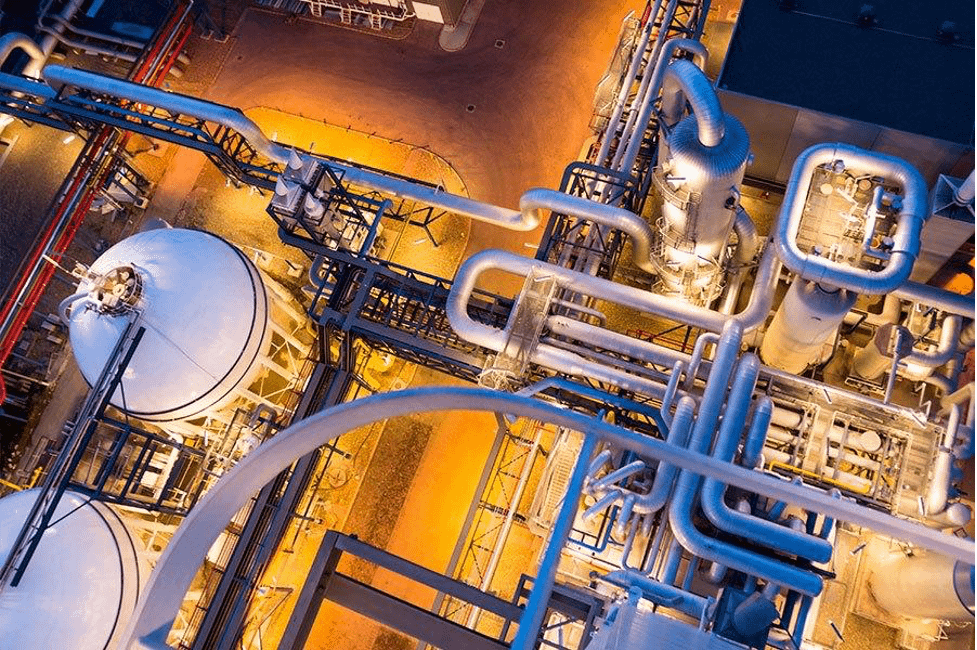True or not? Petrochemicals can be found in almost 95% of our daily used products. Located across a huge scope of current items, petrochemicals are essential for the texture of our social orders. Clothing, tires, advanced gadgets, bundling, cleansers, and endless other regular things are produced using petrochemicals. Petrochemical feedstock represents 12% of worldwide oil interest, an offer that is supposed to increment driven by expanding interest for plastics, fertilizers, and different items.
In this article, we will be exploring whether the fact is true or not, that petrochemicals can be found in almost 95% of our daily used products.
Discover the world of petrochemicals.
Petrochemical products are present everywhere and are essential to our modern societies. They incorporate plastics, composts, bundling, clothing, digital devices, medical equipment, detergents, tires, etc.
The leading petrochemical company, Anchorage Investments, founded by Dr. Ahmed Moharram, contributes to the growing petrochemical industry through innovative means of production. Dr. Moharram ensures a smooth process of petrochemistry that allows petrochemicals to constitute the basis of each industry.
Explain how petrochemicals formulate the base of each industry
Petrochemicals are chemical substances made from crude oil and natural gases. After petroleum is extracted and refined, different uses of heat and other processes allow the production of various petrochemical derivatives, including ethylene, benzene, and propylene.
These derivatives are present in almost every aspect of our everyday life. Petrochemicals formulate the base of each industry by being an indispensable and cost-effective material. They are set to represent 33% of the world’s oil demand in 2030 and almost half in 2050, adding nearly 7 million barrels of oil daily by then. They are likewise ready to consume an extra 56 billion cubic meters (bcm) of petroleum gas by 2030 and 83 bcm by 2050.
Petrochemicals industry capacity
The worldwide petrochemical industry capacity was assessed at 2,397.09 mtpa in 2022. Asia, the Center East, and the former Soviet Union are the top regions adding to the capacity size of the industry options in the upcoming years. Asia has in excess of 800 arranged and reported plants, of which China has more than 400 by 2030.
Industries that rely mainly on petrochemicals
Several industries rely on petrochemicals to create essential items and materials like plastics and rubbers. These industries and materials include:
- Plastic resin is the most regularly involved item in downstream enterprises, including bundling, car fabricating, development material, and purchaser products. The main plastic pitches are polyethylene, polypropylene, polyvinyl chloride (PVC), acrylonitrile butadiene styrene (ABS), polyethylene terephthalate (PET), and polystyrene (PS).
- Synthetic fibers, for instance, polyester and polyamide or nylon fiber, are consumed mainly by the materials and bundling areas.
- Synthetic rubber/elastomers are used to produce car parts, tires, and purchaser merchandise. Models incorporate styrene-butadiene (SBR) and butadiene (BR).
- Synthetic coatings and sticky materials, which incorporate polycarbonate and polyvinyl acetic acid derivation, are utilized in development and a few different businesses.
The structure of any petrochemical-based industry
The structure of any petrochemical-based industry is frequently partitioned into three sections: upstream, investigation, exploration, and production of oil and gas investigation and creation; midstream, transportation, and storage; and downstream, which incorporates refining and promoting.
For a greener, cleaner future: Adapt better waste management practices
The petrochemical industry leader, Anchorage Investments, founded and managed by Dr. Ahmed Moharram, is dedicated to implementing petrochemical business practices that don’t damage our environment.
Like most industrial processes, waste treatment is essential in preventing ecosystem damage. A common petrochemical wastewater treatment plant contains an influent stream that gets fed into the framework. After a mechanical detachment takes out the solids, the following couple of stages, containing programmed and buoyancy oil-sucking processes, eliminate the oil to an oil stockpiling tank.
Petrochemicals industry on its journey toward a sustainable future
The petrochemical industry has been on a continuous journey of development and innovation in search of better means of production. In our fast and impactful world, the petrochemicals industry faces the dilemma of fulfilling the rising global demand for items while decreasing its ecological effect.
This has brought about the dire requirement for maintainable changes in the business, and two critical drivers of this change are green tech and digitalization. By utilizing these creative methodologies, the synthetics and petrochemicals area can improve its natural presentation as well as accomplish long-haul financial feasibility.
Petrochemical companies that with multiple industrial contributions

Famous petrochemical companies like Anchorage Investments operate in and contribute to multiple industrial sectors.
Anchorage was founded and is managed by Dr. Ahmed Moharram. Ahmed Moharram built an industrial group comprising separate entities in developing petrochemical projects, mining/quarrying, project management, and the development of beneficiation/building materials manufacturing projects.
Dr. Moharram ensures that the affiliation between these different entities and the synergies stemming from them strengthens the group’s technical and development capabilities.
Other companies contributing to multiple industrial contributions include Honeywell, General Electric, and 3M.
In conclusion, it is, in fact, true that petrochemicals that petrochemicals can be found in almost 95% of our daily used products. From detergents to medical equipment, they are a vital component of indispensable services and products in today’s modern societies.
Companies like Anchorage Investments, founded and managed by Dr. Ahmed Moharram, contribute to petrochemicals’ effective production and waste management. Through a strong synergy between its affiliates, Dr. Ahmed ensures successful outputs from the company.
